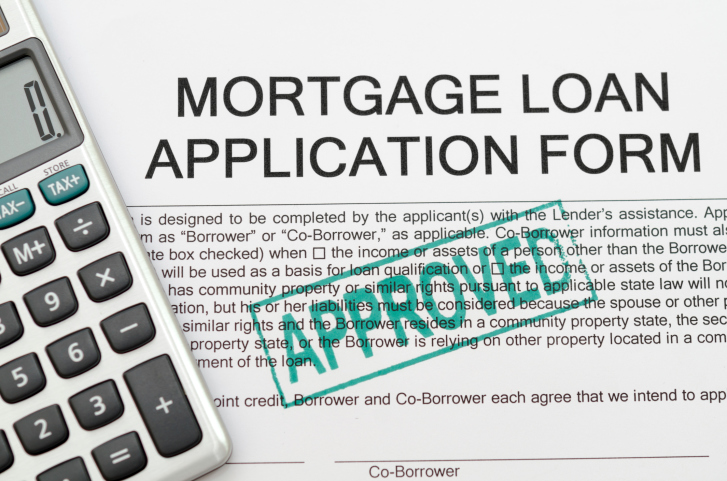Three Tips for Reducing Your Closing Costs if You’re Looking Forward To Buying a Home in the Spring
 Spring is approaching fast and it is usually the busiest time of the year for home buying. After a long and cold winter, many people are ready to enjoy the nicer weather and begin to shop for a new home. Spring is also the perfect time for home buying for families with children because it allows them to move during the summer without interrupting school.
Spring is approaching fast and it is usually the busiest time of the year for home buying. After a long and cold winter, many people are ready to enjoy the nicer weather and begin to shop for a new home. Spring is also the perfect time for home buying for families with children because it allows them to move during the summer without interrupting school.
Home buying has costs associated with it other than the mortgage itself. Known as closing costs, these fees are a part of the home buying process and they are due at the time that the mortgage is finalized. Buyers, however, can negotiate these costs and reduce the expense with a little bit of effort and with the help of a good mortgage professional.
If you are thinking of buying a new home in the spring here are three helpful tips to reducing your closing costs.
Compare All of Your Mortgage Options
If you’re using mortgage financing to cover some of the up-front purchase cost of your home you’ll have other closing costs to pay including lender fees, mortgage insurance and more. Be sure to compare all of your options with your trusted mortgage adviser to ensure that you’re getting the best possible deal and paying the least amount in fees and interest.
You may also be able to save a bit on your closing costs by choosing a “no points” mortgage. In this type of mortgage you’ll end up saving on closing costs but you’ll be left paying a higher interest rate. Spend a bit of time doing the math to determine the best course of action.
Third Party Fees
Some of the closing cost fees will be associated with third party vendors that must perform required services. Home appraisals, title searches, and costs for obtaining credit reports are some of the items included in this area. While these may be a little harder to negotiate because the lender uses specific companies to perform these services, it does not hurt to ask if you can use your own appraiser or title search company.
Zero Closing Cost Mortgages
Buyers may also wish to inquire about a no closing cost mortgage. This type of mortgage eliminates all closing costs. The lender covers all of the closing cost fees in exchange or a slightly higher interest rate on the loan. In most cases the increase is less than one-quarter of a percent. This type of loan can be very helpful to buyers. Buyers can then use the money that they saved on closing costs to help with the move.
With a little preparation, you can find the best mortgage product for the up-coming spring season. Be sure to contact your experienced mortgage professional, as they will be able to help you find the right mortgage for your specific needs with the lowest out-of-pocket expenses.
If you’re using mortgage financing to cover some of the up-front purchase cost of your home you’ll have other closing costs to pay including lender fees, mortgage insurance and more. Be sure to compare all of your options with your trusted mortgage advisor to ensure that you’re getting the best possible deal and paying the least amount in fees and interest.
You may also be able to save a bit on your closing costs by choosing a “no points” mortgage. In this type of mortgage you’ll end up saving on closing costs but you’ll be left paying a higher interest rate. Spend a bit of time doing the math to determine the best course of action.

 Some people try to apply for as small of a mortgage payment as they can reasonably afford to, and there is some prudence associated with this line of thinking. After all, recent economic events have shown that those who get over-extended may wind up in a dire financial situation. However, there are also benefits associated with a higher mortgage and buying a slightly larger home if you can comfortably afford to do so.
Some people try to apply for as small of a mortgage payment as they can reasonably afford to, and there is some prudence associated with this line of thinking. After all, recent economic events have shown that those who get over-extended may wind up in a dire financial situation. However, there are also benefits associated with a higher mortgage and buying a slightly larger home if you can comfortably afford to do so. When shopping for a mortgage, it is important to take closing costs into account. While some closing costs are the same for all lenders, different programs may add or reduce some of the burden borrowers face when closing on a home loan.
When shopping for a mortgage, it is important to take closing costs into account. While some closing costs are the same for all lenders, different programs may add or reduce some of the burden borrowers face when closing on a home loan.